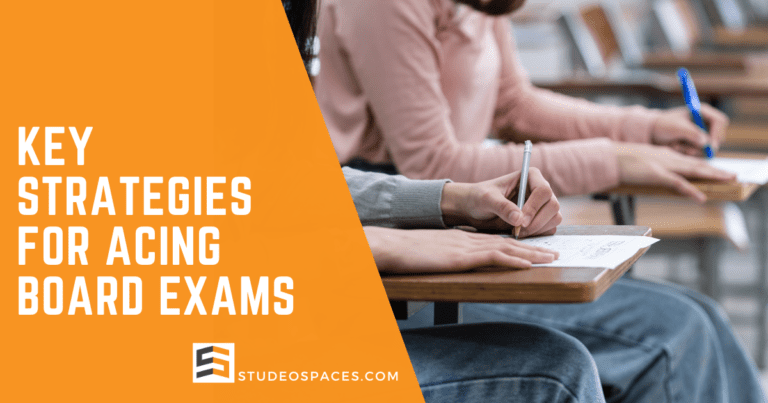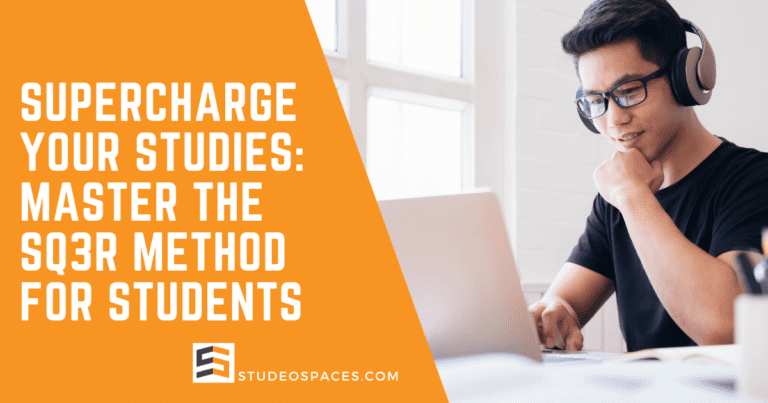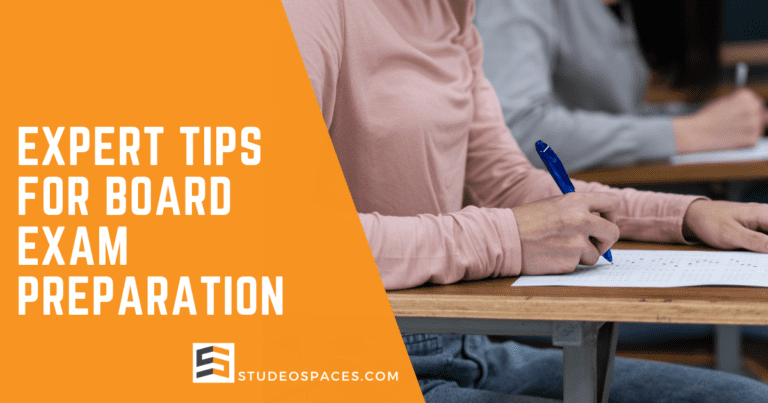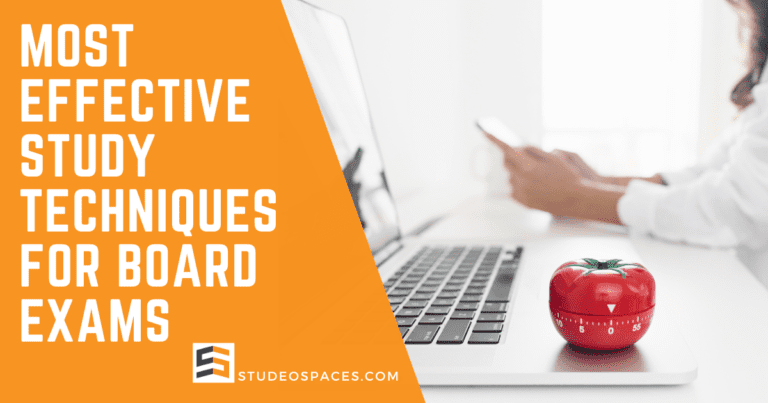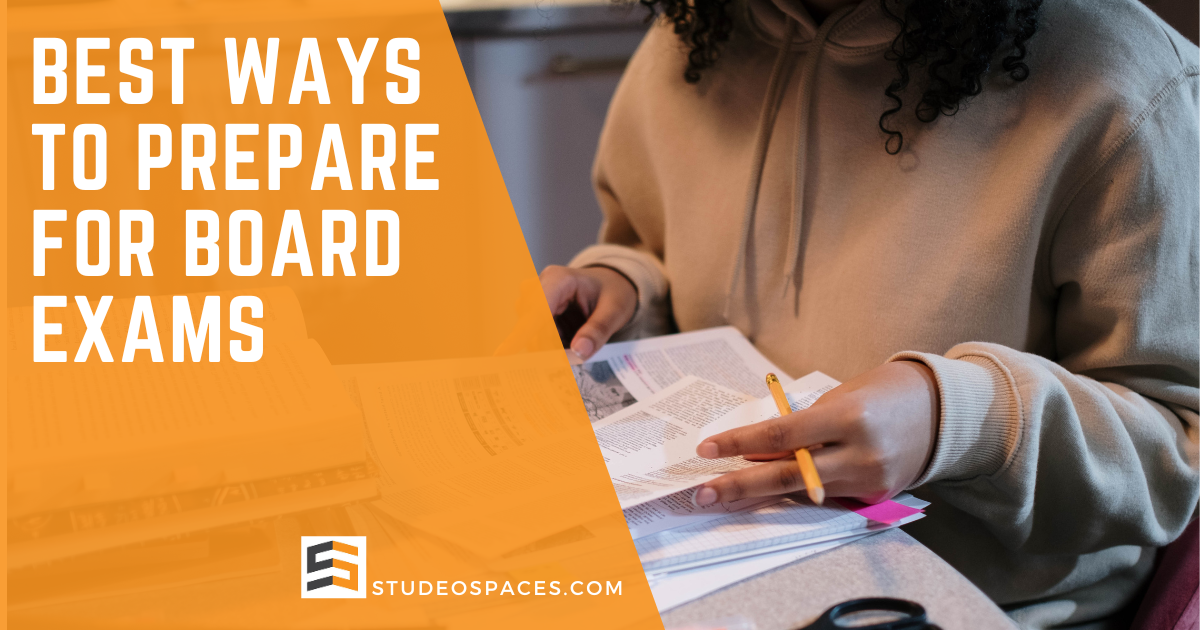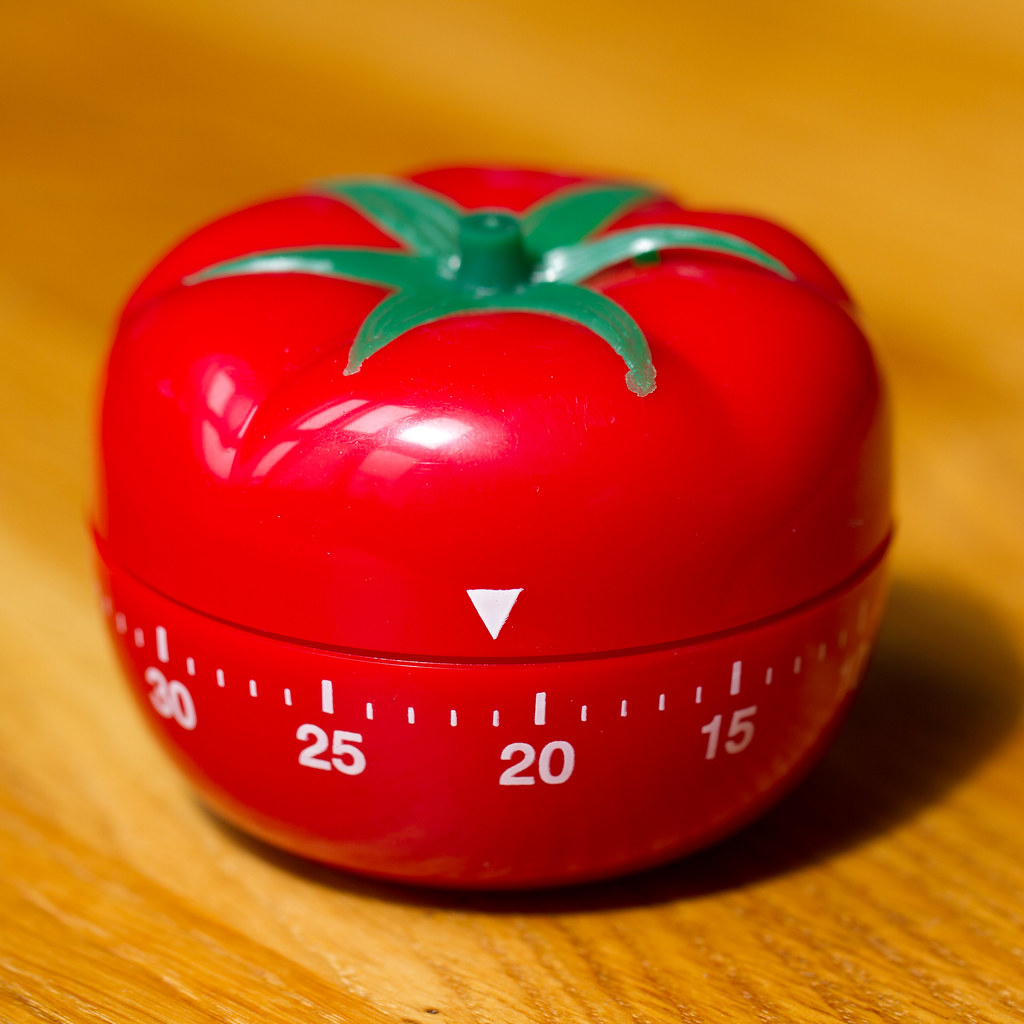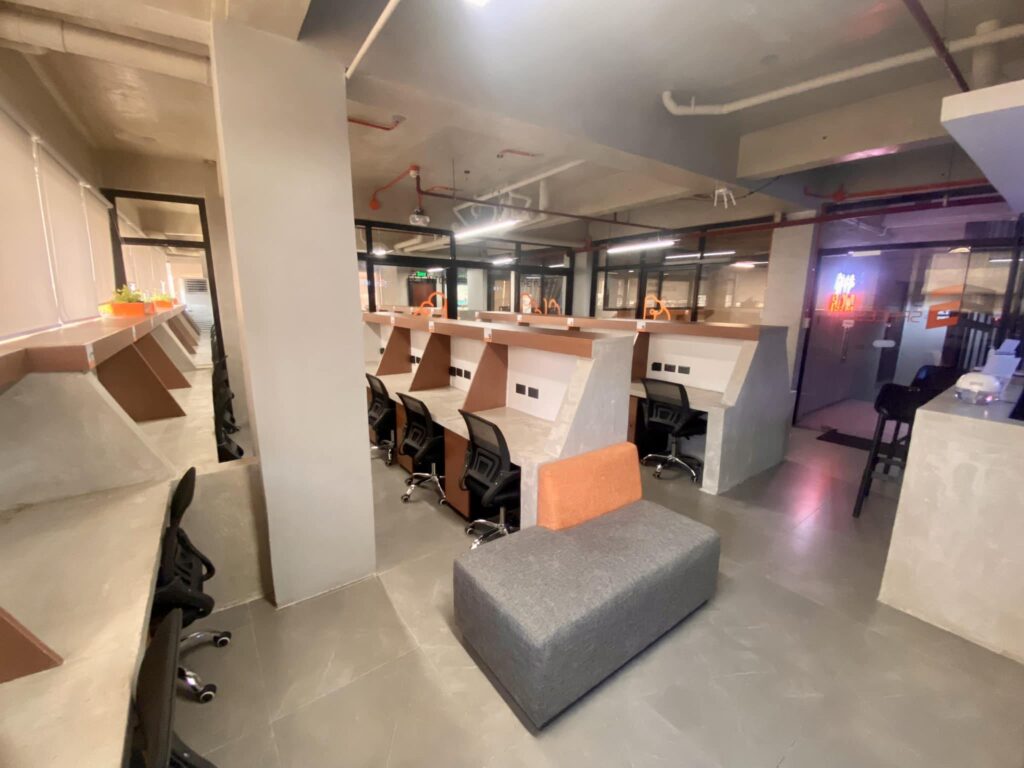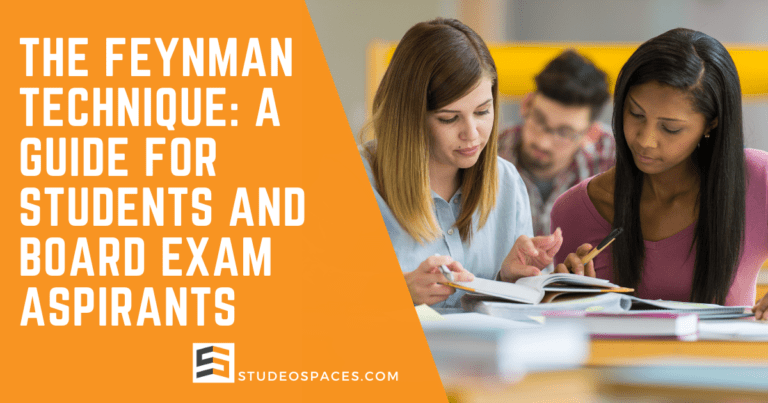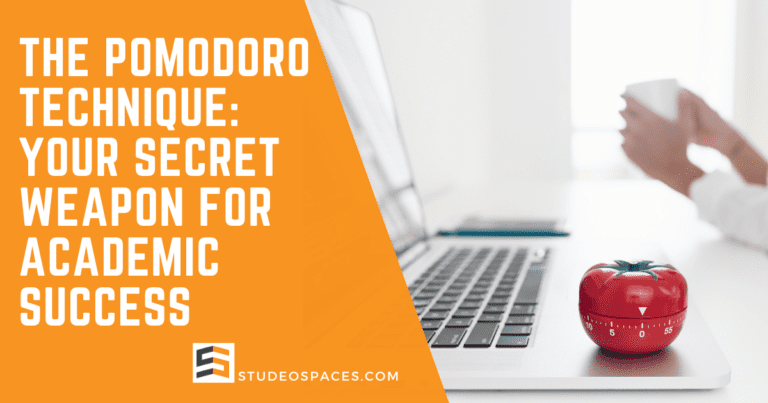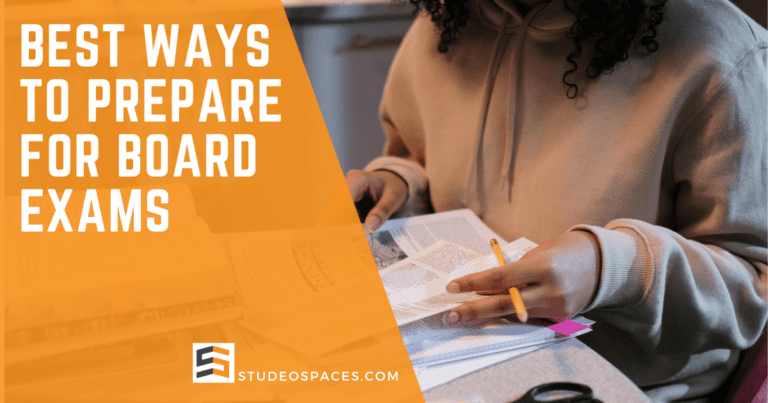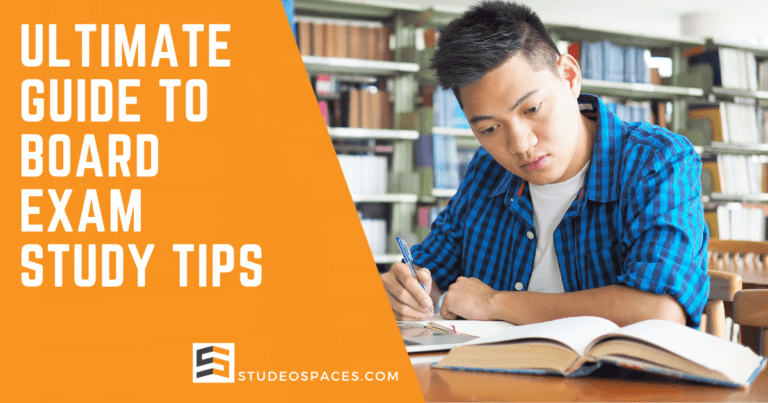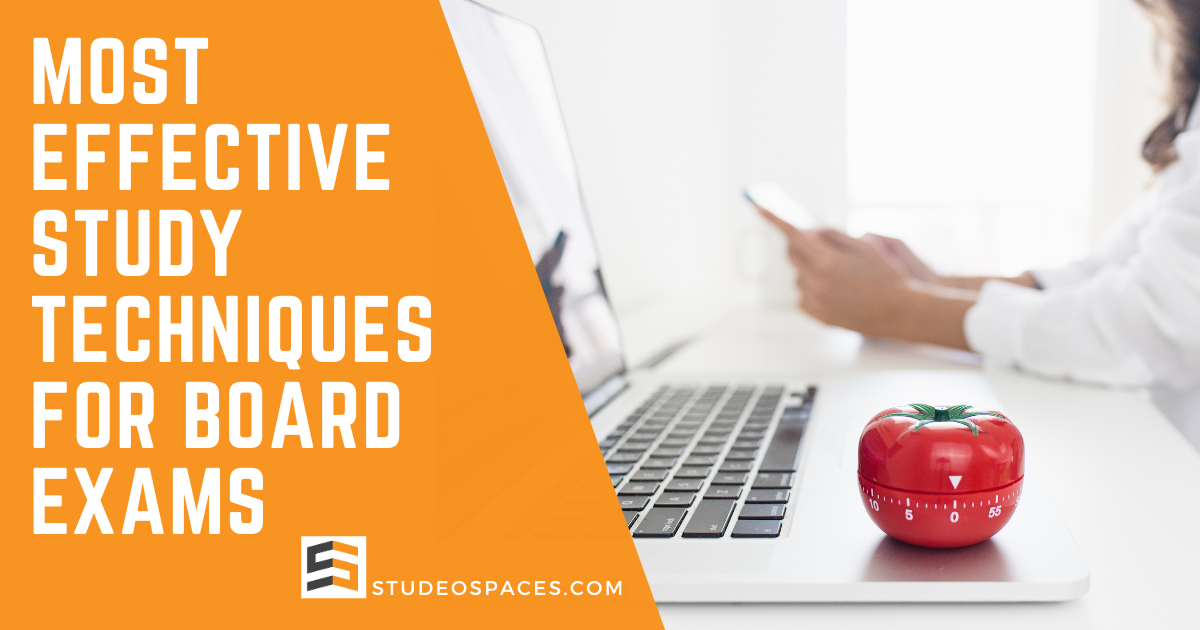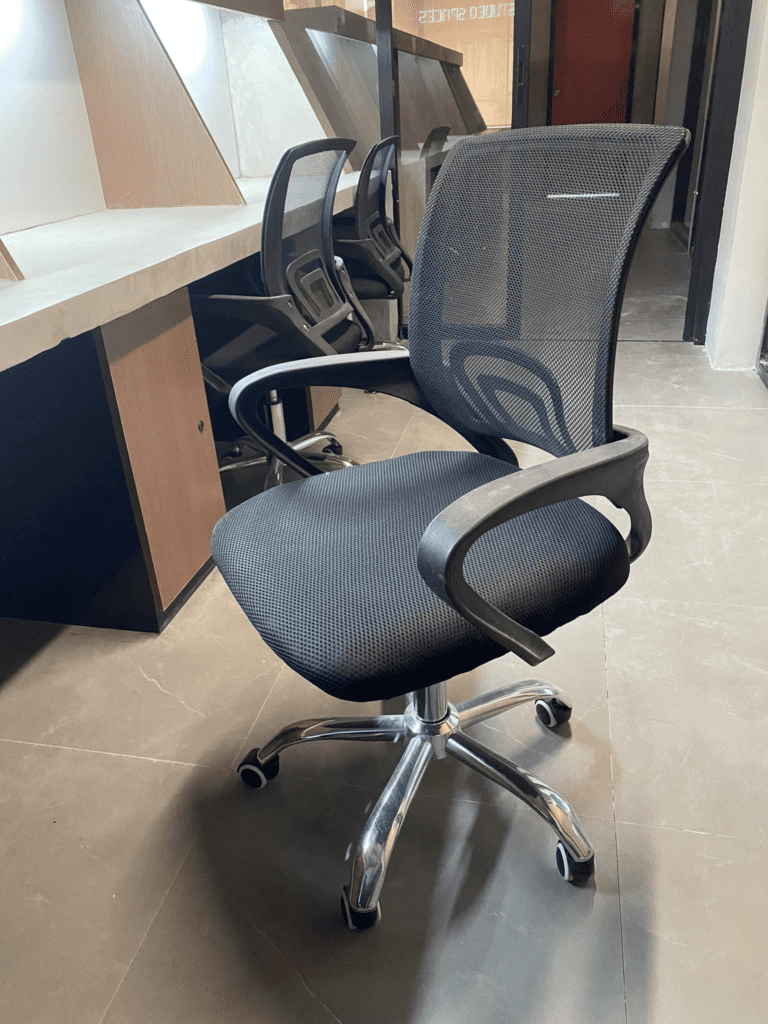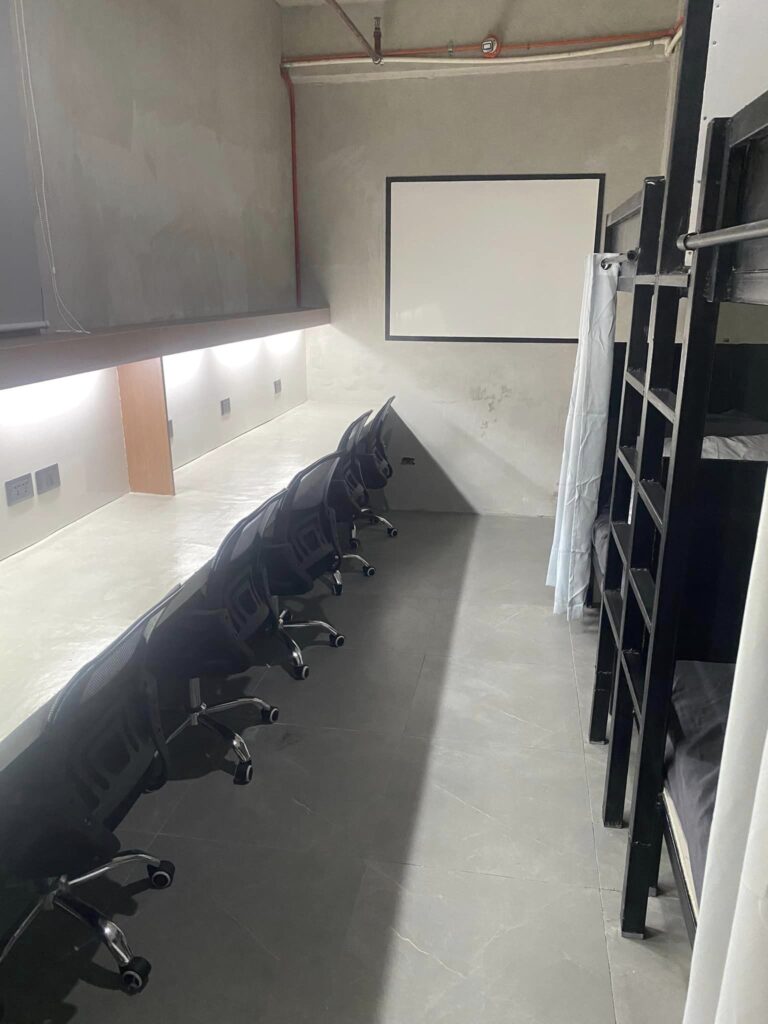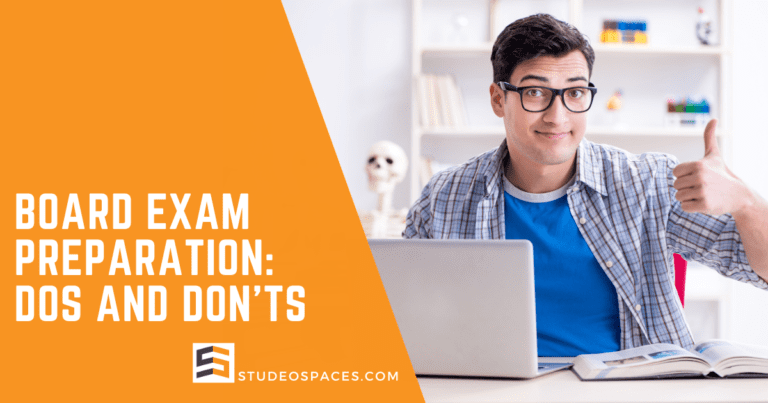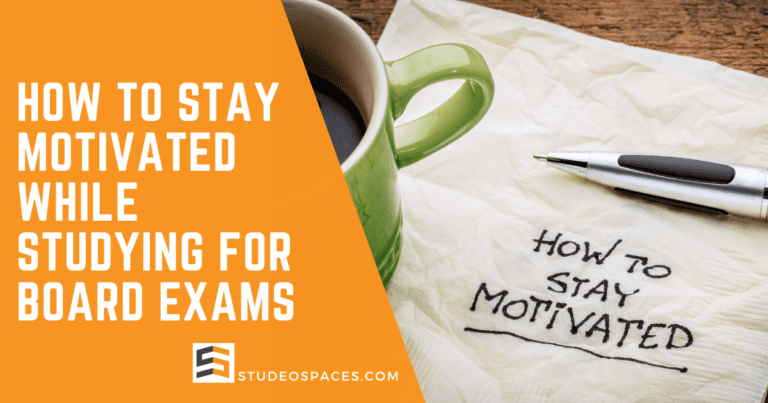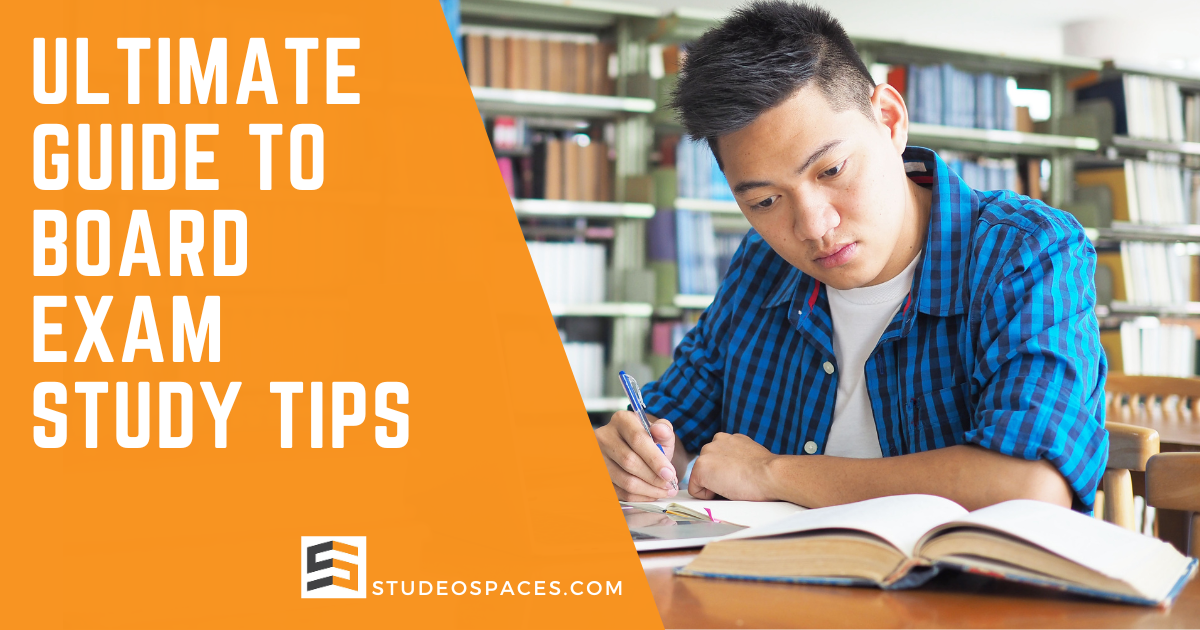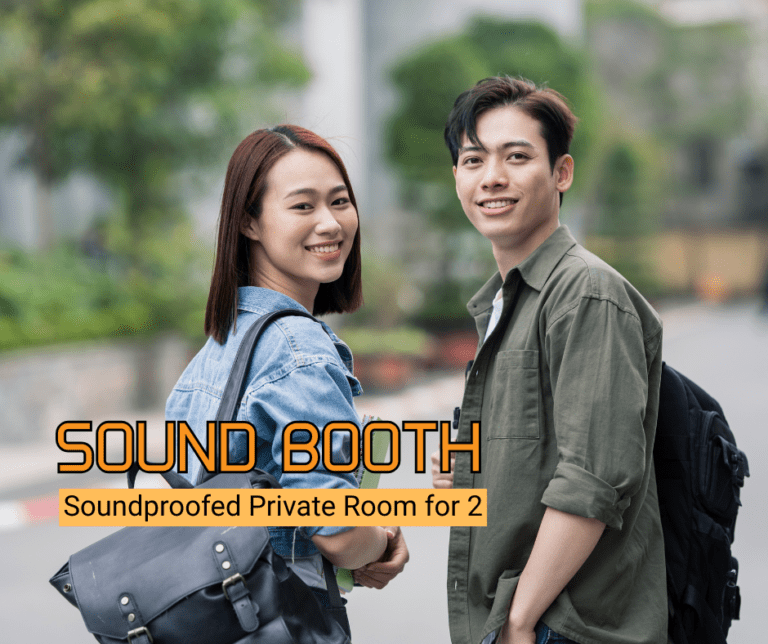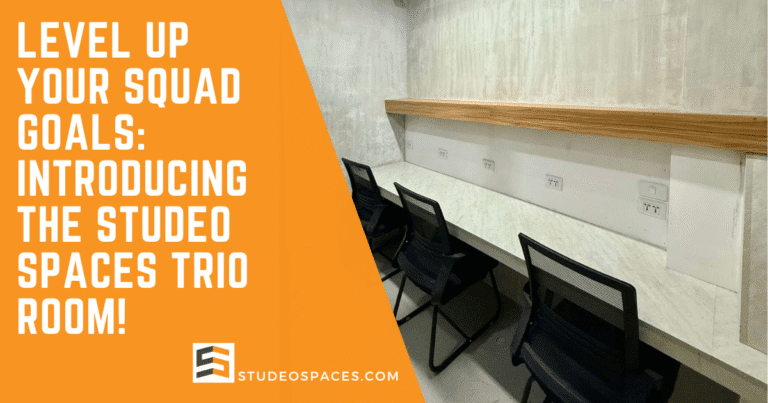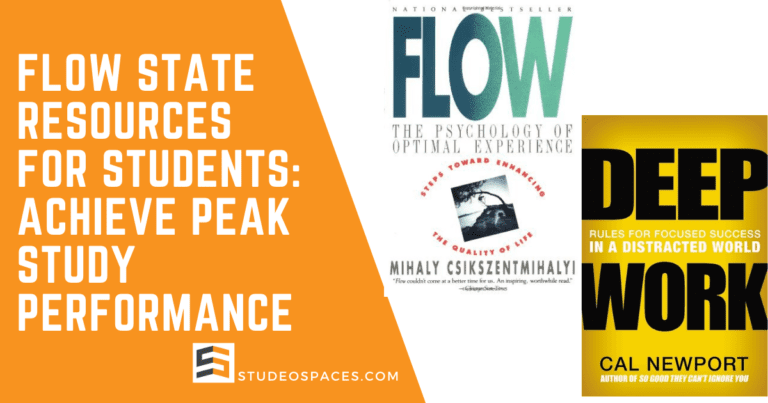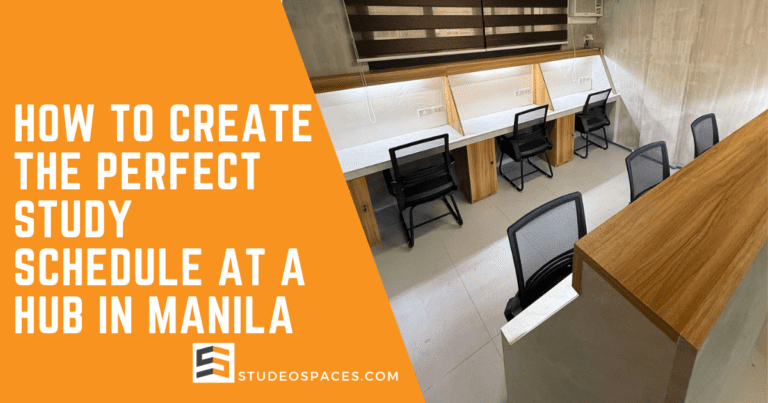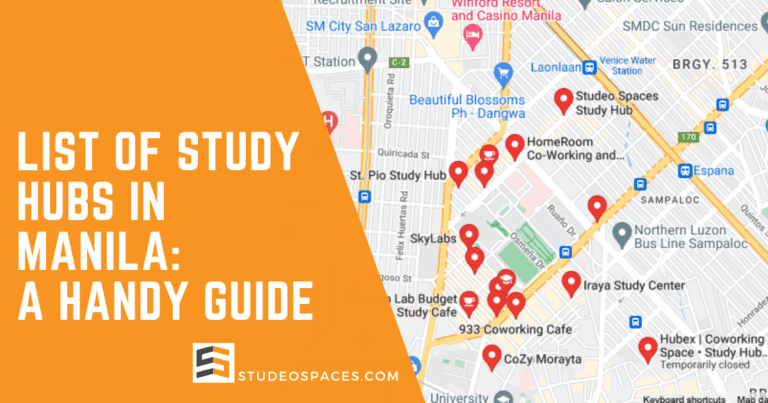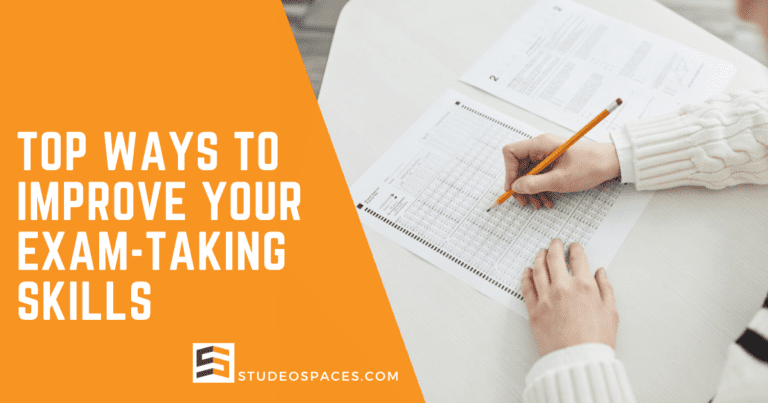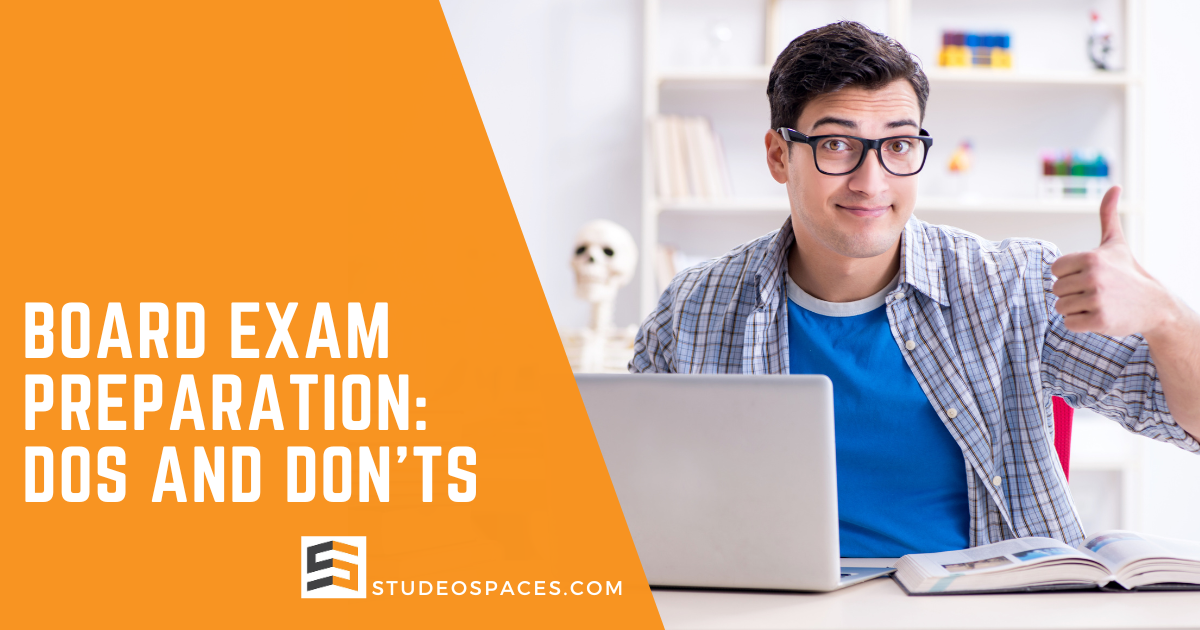
Preparing for board exams can be overwhelming, but knowing the right dos and don’ts can make a significant difference. “Board Exam Preparation: Dos And Don’ts” guides students through essential strategies, such as creating a realistic study timetable, avoiding last-minute cramming, and maintaining a balanced diet and sleep schedule.
Have you ever wondered what it takes to effectively prepare for board exams? If you’ve ever found yourself buried under mountains of notes, feeling stressed and overwhelmed, you’re not alone. Many students face the same challenges when preparing for these crucial tests. But don’t worry, we’ve got you covered. In this friendly and informative guide, we’ll walk you through the dos and don’ts of board exam preparation. With the right strategies and mindset, you can approach your exams with confidence and calm.
Understanding the Importance of Board Exams
Board exams are a significant milestone in a student’s academic journey. They often determine the future educational and career opportunities available to you. Therefore, it’s imperative to prepare thoroughly and smartly. Before diving into the preparation tips, we’ll explore why board exams matter and what you should know about them.
Why Board Exams Matter
Board exams are a standardized measure of a student’s knowledge and abilities. They help pave the way for higher education and professional careers. Scoring well can provide more opportunities and open doors to prestigious colleges and universities. Consequently, performing well on these exams is essential.
Common Challenges
Preparing for board exams can be daunting, with numerous subjects and vast syllabi to cover. Time management, stress, and retaining information are common challenges faced by students. Understanding these hurdles is the first step in overcoming them effectively.
The Dos of Board Exam Preparation
Let’s look at some positive actions that can aid in your preparation. These tried-and-true strategies will help you stay focused, organized, and productive as you study.
Do Start Early
One of the best ways to ensure a thorough and stress-free preparation is to start early. Planning your study schedule at least a few months before the exams will give you ample time to cover all subjects without feeling rushed.
- Benefits of Starting Early:
- More time to understand concepts deeply.
- Flexibility to revise multiple times.
- Reduced last-minute stress.
Do Create a Study Plan
Having a structured study plan is crucial for efficient preparation. A well-thought-out plan ensures you cover all topics systematically and doesn’t let you miss out on important areas.
- Components of an Effective Study Plan:
- Set clear, achievable goals.
- Allocate specific times for each subject.
- Include breaks to avoid burnout.
- Prioritize difficult subjects or topics.
Do Practice Regularly
Regular practice is key to mastering any subject. Be sure to include time to solve previous years’ question papers, take timed quizzes, and take self-assessment tests.
- Practice Tips:
- Solve at least one previous year’s paper weekly.
- Join study groups or forums to engage in discussions.
- Use flashcards for quick revisions.
Do Seek Help When Needed
Never hesitate to ask for help if you struggle with a topic or subject. Reach out to teachers, classmates, or tutors. Sometimes, a different perspective can make a challenging concept much clearer.
- How to Seek Help Effectively:
- Schedule regular doubt-clearing sessions.
- Form study groups with peers.
- Utilize online resources like educational forums and video tutorials.
Do Take Care of Your Health
Your physical and mental well-being are just as important as your studies. A healthy body and a sharp mind will serve you well during preparation and on exam day.
- Health Tips:
- Maintain a balanced diet with nutritious meals.
- Stay hydrated by drinking plenty of water.
- Ensure adequate sleep to keep your mind fresh.
- Incorporate some form of exercise or physical activity into your daily routine.
Do Use Study Aids and Resources
Numerous study aids and resources are available that can enhance your understanding and retention of information. Make the best use of textbooks, reference books, online resources, and educational apps.
- Useful Resources:
- Online courses and videos.
- Educational apps for practice and review.
- Libraries for additional reference materials.
The Don’ts of Board Exam Preparation
Understanding what not to do is as important as knowing what to do. Avoiding these common pitfalls can save you a lot of stress and wasted effort.
Don’t Procrastinate
Procrastination can be the biggest enemy of effective board exam preparation. Delaying your studies can lead to a rushed approach, causing unnecessary stress and incomplete syllabus coverage.
- Tips to Avoid Procrastination:
- Break tasks into smaller, manageable chunks.
- Set daily or weekly targets.
- Use planners or apps to keep track of your progress.
Don’t Ignore the Basics
While diving deep into complex topics is important, never overlook the basics. Fundamental concepts often form the foundation of more advanced material, and a strong grasp of them can make more complicated topics easier to understand.
- How to Focus on Basics:
- Review foundational topics regularly.
- Practice with simple problems before attempting challenging ones.
- Use guidebooks that focus on fundamental concepts.
Don’t Sacrifice Sleep
All-nighters might seem like a way to squeeze in more study time, but lack of sleep can severely affect your cognitive functions, memory retention, and overall exam performance.
- Importance of Sleep:
- Adequate sleep aids in better information retention.
- Sleep refreshes your mind and body for efficient studying.
- Lack of sleep can lead to increased anxiety and poor concentration.
Don’t Overload Yourself
Recognizing your limits and avoiding overloading your schedule with too much to do is important. Overloading can lead to burnout and decreased productivity.
- Managing Your Workload:
- Prioritize tasks and focus on one thing at a time.
- Take regular breaks to avoid fatigue.
- Don’t hesitate to reschedule or adjust your study plan if needed.
Don’t Rely Solely on Memorization
While memorization has its place, understanding the underlying concepts is crucial for long-term exam retention and application.
- Alternative Study Techniques:
- Engage in active learning by teaching concepts to somebody else.
- Relate new information to what you already know.
- Use mind maps and diagrams to visualize complex information.
The Role of Study Environment in Exam Preparation
The environment in which you study plays a significant role in your overall productivity and focus. Let’s explore why your study environment matters and how to optimize it for the best results.
Importance of a Good Study Environment
A good study environment minimizes distractions and promotes concentration. It’s essential to have a dedicated study space where you feel comfortable and focused.
- Characteristics of an Ideal Study Environment:
- Quiet and free from disruptions.
- Well-lit and properly ventilated.
- Equipped with all necessary study materials.
Setting Up Your Study Space
Organize your study space to maximize efficiency. Keep your desk clutter-free and ensure you have everything you need within reach.
- Tips for Organizing Study Space:
- Use organizers for books and stationery.
- Keep a bottle of water and healthy snacks nearby.
- Make use of ergonomic furniture to maintain good posture.
How Studeo Spaces Study Hub Can Help
Finding the perfect study environment can sometimes be challenging, especially if you’re surrounded by distractions at home. This is where Studeo Spaces Study Hub comes in. Located in Sampaloc, Manila, Studeo Spaces Study Hub provides a premier destination for those looking to maximize their focus and productivity.
What is Studeo Spaces Study Hub?
At Studeo Spaces Study Hub, they believe in creating a space that fosters a state of hyper-productivity and concentration known as the “Flow State.” Their meticulously designed environment helps individuals unleash their focus and unlock their full potential.
- Features of Studeo Spaces Study Hub:
- Quiet, distraction-free zones.
- Comfortable and ergonomic study furniture.
- Access to high-speed internet.
- Ample lighting and proper ventilation.
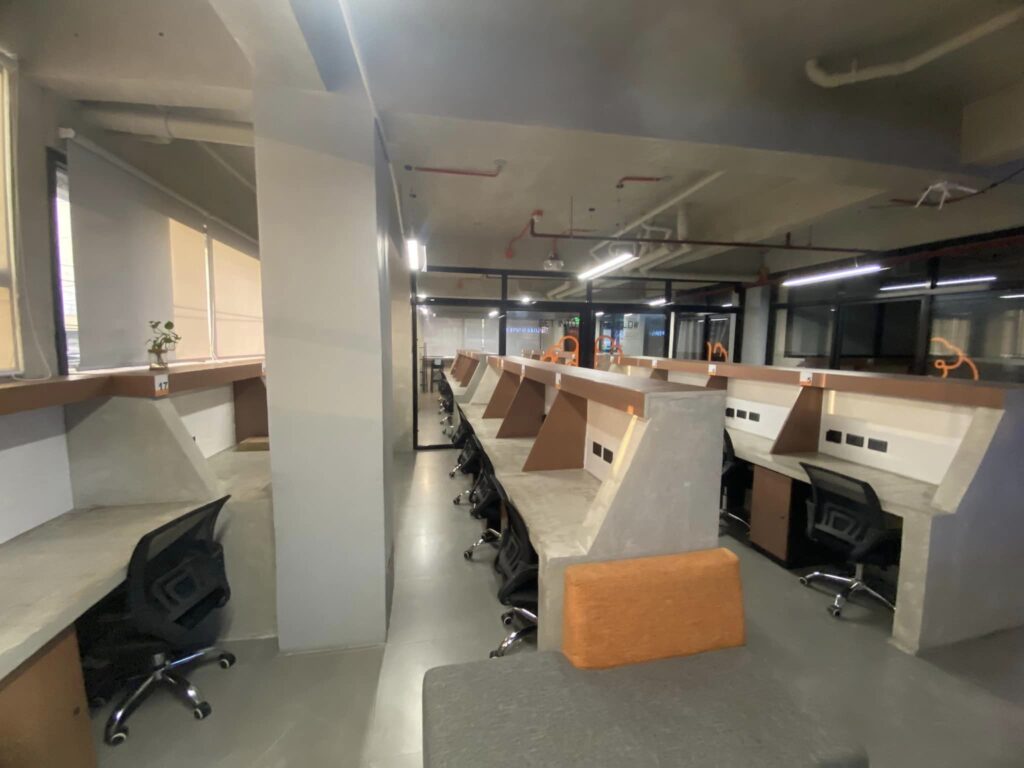
Benefits of Studying at Studeo Spaces Study Hub
The supportive environment at Studeo Spaces can significantly enhance your exam preparation. By providing a space that promotes peak performance and productivity, they help you achieve a state of flow and immerse yourself fully in your tasks.
- Benefits:
- Escape from household distractions.
- Access to a community of like-minded individuals.
- Opportunity to maintain a regular study schedule.
- Availability from 8:00 AM to 12:00 MN (extendable to 6:00 AM at the Glassbox NightShift for just an additional P100.00) daily.
How to Get Started
Getting started with Studeo Spaces Study Hub is easy. They are at the corner of Dapitan and Dela Fuente Streets, Sampaloc, Manila. You can conveniently locate them using Google Maps, Waze, or Grab Pins by searching for “Studeo Spaces.”
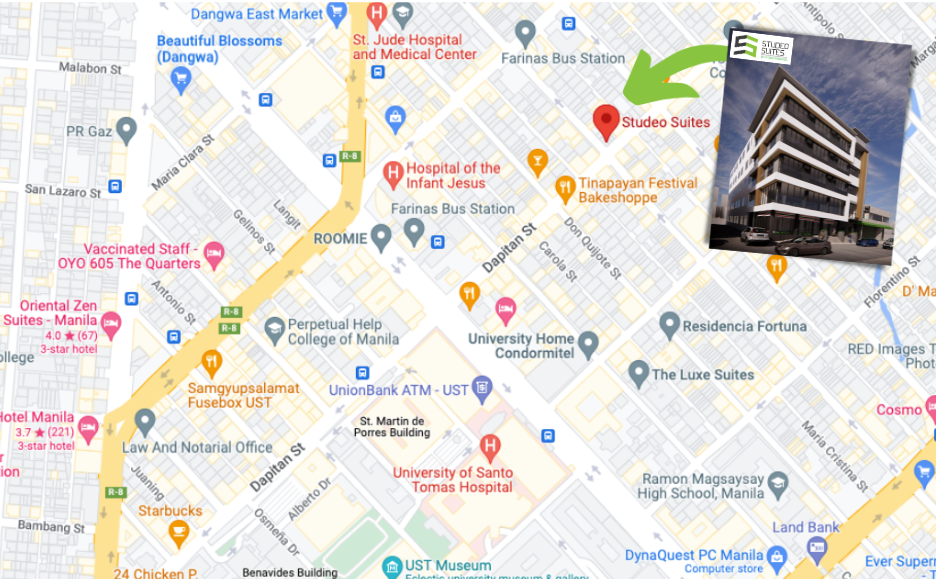
- Access Options:
- Suitable for both short-term and long-term use.
- Flexible hours to accommodate your schedule.
- Open every day, including weekends, holidays, and inclement weather.
Maintaining a Balanced Lifestyle
While studying for board exams is crucial, it’s equally important to maintain a balanced lifestyle. A well-rounded routine that includes time for relaxation and hobbies can make your preparation more enjoyable and sustainable.
Incorporating Relaxation Techniques
Regular relaxation is essential to manage stress and keep your mind fresh. Techniques like deep breathing exercises, meditation, and yoga can be beneficial.
- Relaxation Tips:
- Practice breathing exercises for a few minutes daily.
- Engage in meditation to improve concentration and reduce anxiety.
- Try yoga to relax your body and mind.
Staying Socially Connected
Maintaining social connections can provide emotional support and keep you motivated. Make time to catch up with friends and family, even if it’s just for a short break.
- Social Connection Tips:
- Plan short meetups or virtual calls with friends and family.
- Join online forums or study groups related to your subjects.
- Don’t hesitate to share your thoughts and concerns with loved ones.
Enjoying Hobbies and Interests
Pursuing hobbies and interests can be a great way to relax and rejuvenate. Whether it’s painting, playing a musical instrument, or engaging in sports, allocate some time for activities you enjoy.
- Tips for Enjoying Hobbies:
- Dedicate a specific time of the day for your hobbies.
- Use your hobbies as a break from studies to refresh your mind.
- Keep your hobbies simple to avoid any additional stress.
Exam Day: Dos and Don’ts
Finally, the exam day is just as important as the days leading up to it. Here are some final tips to ensure you’re fully prepared and calm on the big day.
Do Get a Good Night’s Sleep
Ensure you get adequate rest the night before your exam. A fresh and rested mind will perform much better than a tired and stressed one.

Do Have a Healthy Breakfast
Starting your day with a healthy breakfast will fuel your brain and keep your energy levels stable throughout the exam. Avoid heavy or sugary foods that might leave you feeling sluggish.
Do Arrive Early
Reach the exam center early to avoid last-minute stress. Familiarize yourself with the location, and ensure you have all necessary materials, such as identification, pens, and calculators.
Don’t Cram Last Minute
Avoid the temptation to cram just before the exam. Last-minute studying can increase anxiety and is unlikely to benefit your performance meaningfully.
Don’t Forget to Stay Calm
Maintaining a calm and composed attitude will significantly help you during the exam. Practice deep breathing if you feel anxious, and focus on one question at a time.
Conclusion
Preparing for board exams can be daunting, but you can navigate it successfully with the right strategies and support. Remember to start early, create a structured study plan, seek help when needed, and care for your health. Avoid common pitfalls like procrastination and excessive cramming, and maintain a balanced lifestyle.
Studeo Spaces Study Hub offers a premier environment that can significantly enhance your preparation efforts, helping you reach a state of hyper-focus and productivity. By providing a supportive and distraction-free space, they’re committed to aiding your success.
Exam preparation is about hard work and smart and effective strategies. Approach your studies positively, and you’ll be well-prepared to ace your board exams. Good luck!
Please check out the Studeo Spaces Study Hub Official Website and follow the Studeo Spaces Study Hub Facebook Page and Studeo Spaces Study Hub TikTok Channel for announcements, news, and updates.
Other Study Strategies and Tips Articles
Studeo Spaces Quick Links
- Book a Desk / Room
- Location
- Rates
- Features and Amenities
- Business Hours
- Private Rooms
- Latest News
Stay Connected
- Facebook: https://www.facebook.com/StudeoSpaces
- Tiktok: https://www.tiktok.com/@studeospaces
- Youtube: https://www.youtube.com/@StudeoSpaces

